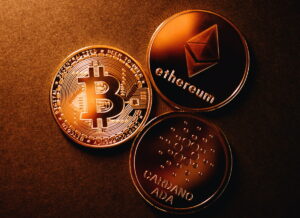
The cryptocurrency market has been growing at an exponential rate. Part of this is the rise of altcoins or alternative coins, which attempt to differentiate themselves from Bitcoin (BTC), the most established cryptocurrency.
As more altcoins get approved by the Securities Commission (SC), this has made altcoin investment appealing to Malaysian investors. Generally, an altcoin provides additional purposes and improved functionalities of an existing cryptocurrency. The best way to invest in them is through a regulated altcoin exchange.
As of 2022, the SC has approved nine digital assets in Malaysia, eight of which are altcoins: Ethereum (ETH), Ripple (XRP), Litecoin (LTC), Bitcoin Cash (BCH), Chainlink (LINK), Uniswap (UNI), Cardano (ADA), and Solana (SOL). These altcoins are available on various altcoin exchanges. Nevertheless, it is crucial for you to invest through a platform that is secure and regulated like Luno, the leading digital asset exchange in Malaysia.
So, what are these safe and approved altcoins that you can start investing in Malaysia? Let’s take a closer look at them before you start investing on an altcoin exchange:
1. Ethereum (ETH)
Similar to how Windows is the primary operating system for conventional computing, Ethereum seeks to do the same for decentralised computing. It is a platform that enables anyone to create decentralised applications such as games and financial services. Since no single entity controls users’ data, theoretically there is less chance of data loss. Additionally, these services are more efficient and less susceptible to censorship. The key innovation that enables Ethereum to do all this is the introduction of smart contracts, which automatically execute when the terms are met without any intermediary. This process essentially automates trust without any human intervention.
2. Ripple (XRP)
While Bitcoin was developed as a digital decentralised currency for payment of goods and services, XRP was created for banks and payment networks as a means of payment settlement, a money transfer system, and currency exchange. The main aim of XRP was to form the basis of a system of direct asset transfers in real-time, which would offer a cheaper, more transparent, and secure alternative to current transfer payment methods, such as SWIFT.
3. Litecoin (LTC)
Litecoin shares many similarities with Bitcoin. It was created using Bitcoin’s original source code with a few upgrades to make transactions faster and more affordable for everyday use. By comparison, Litecoin can confirm transactions roughly four times faster than Bitcoin. Furthermore, Litecoin was created to deal with Bitcoin’s limitations like high transaction fees, slow transaction times, and low supplies.
4. Bitcoin Cash (BCH)
The idea of Bitcoin Cash came to be as a solution to Bitcoin’s transaction speed issues. The technical difference between the two comes down to the size of blocks in the blockchain. This detail is important as it directly affects the volume of transactions that can be completed every second. Bitcoin Cash was created, with many similarities to Bitcoin as a decentralised peer-to-peer electronic cash system, but with a focus on the speed of payments and value as an effective medium of exchange.
5. Chainlink (LINK)
Chainlink provides a link between real-world data and smart contracts on Ethereum and other similar cryptocurrency networks. Chainlink has gained much interest as it partnered and integrated with various well-known businesses, including Google, Intel, and Amazon Web Services. Smart contracts are agreements that are carried out by a computer program when certain conditions are met. Chainlink helps these smart contracts by connecting them to real-world data sources to check external factors outlined in the agreement. For example, live financial market data.
6. Uniswap (UNI)
A software platform that runs on Ethereum, Uniswap gives its global network of users a place where cryptocurrencies can be bought and sold in a peer-to-peer (P2P) manner. Uniswap was created with the intention of being a decentralised exchange (DEX) that did not require users to make a deposit before using it nor open an account and provide personal information. Uniswap’s reliance on liquidity pools rather than last trade prices and order books such as those used by centralised exchanges has proven very successful, and it has received financial backing from large venture capital firms.
7. Cardano (ADA)
Dubbed the next-gen Ethereum, Cardano uses a transaction validation model that allows validators to validate transactions by staking its native token, ADA, and be in the running to receive more ADA as rewards. Cardano’s supporters believe that this transaction validation model makes the network faster and more energy efficient, as large amounts of computing power are not required in its creation. Compared to Ethereum, Cardano enables the development of decentralised apps (dApps) at a more scalable and efficient level. Additionally, Cardano emphasises an academic approach to building applications, a method believed to help its adoption among cryptocurrency users.
8. Solana (SOL)
Solana’s scalable network has allowed for the successful development of dApps, non-fungible tokens (NFTs), and decentralised exchanges. To date, Solana is the fastest network, having been able to accommodate up to 50,000 transactions per second. It does this by verifying transactions through the proof-of-history model, which records the passing of time into the blockchain ledger. This process provides a historical record of a transaction at a specific time. As a result, the Solana network features reduced network congestion and low processing fees. Such low costs and high speeds were projected to enable Solana’s scalability to compete with traditional payment processors like Visa and Mastercard.
As always, we highly recommend all investors, new and experienced, to do more research on their own before jumping on to an altcoin exchange platform and start investing. Check out the Luno Discover blog to learn more.
Start Your Cryptocurrency Investment Journey With Luno Malaysia; The Leading And Regulated Altcoin Exchange Platform To Invest In Cryptocurrencies Safely
Whichever cryptocurrency you invest in, make sure you are on a regulated and secured altcoin exchange platform like Luno. The Securities Commission-approved altcoin exchange features other approved cryptocurrencies readily available for you to invest: Bitcoin (BTC), Ethereum (ETH), Ripple (XRP), Litecoin (LTC), Bitcoin Cash (BCH), Chainlink (LINK), Uniswap (UNI), Cardano (ADA), and Solana (SOL).
Sign up with Luno and refer to your friends for Bitcoin rewards. Here’s how:
- Share your unique invite code with your friend from the Rewards Page
- Your friend signs up, deposits and buys RM250 in crypto from Luno’s Instant Buy or Sell
- You both get RM25 in free Bitcoin
*Read more on the Terms & Conditions for Luno’s referral programme here: www.luno.com/en/legal/rewards-and-promotions.
This article is for educational purposes only and you should not construe any such information as investment or financial advice. Investing in cryptocurrency is high risk and may result in the loss of capital as the value can fluctuate. We recommend individuals to consult with a licensed financial planner for detailed financial advice on whether cryptocurrency is a good investment option.
Read more on Luno’s Terms of Use and risks associated with cryptocurrencies here: www.luno.com/en/legal/terms.
This story is brought to you by Luno Malaysia.
The post 8 Best Altcoins To Invest In Malaysia appeared first on Lowyat.NET.
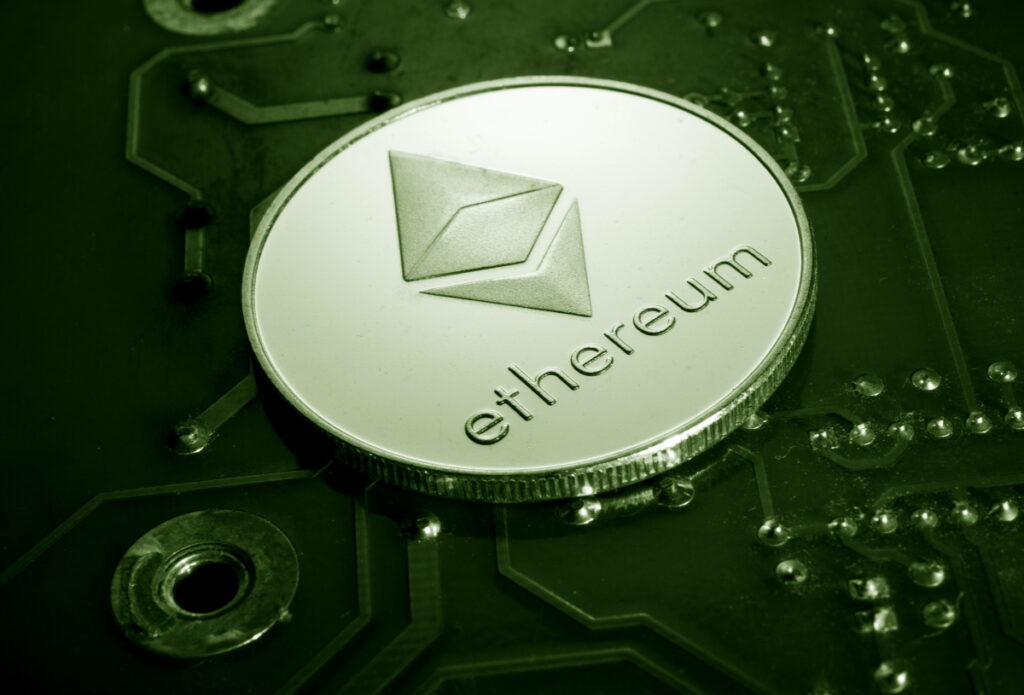
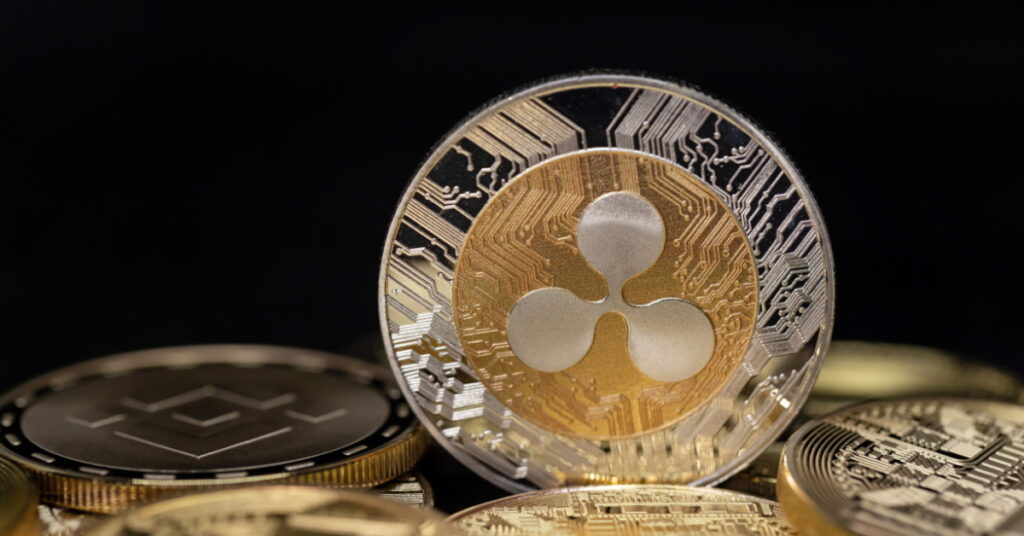
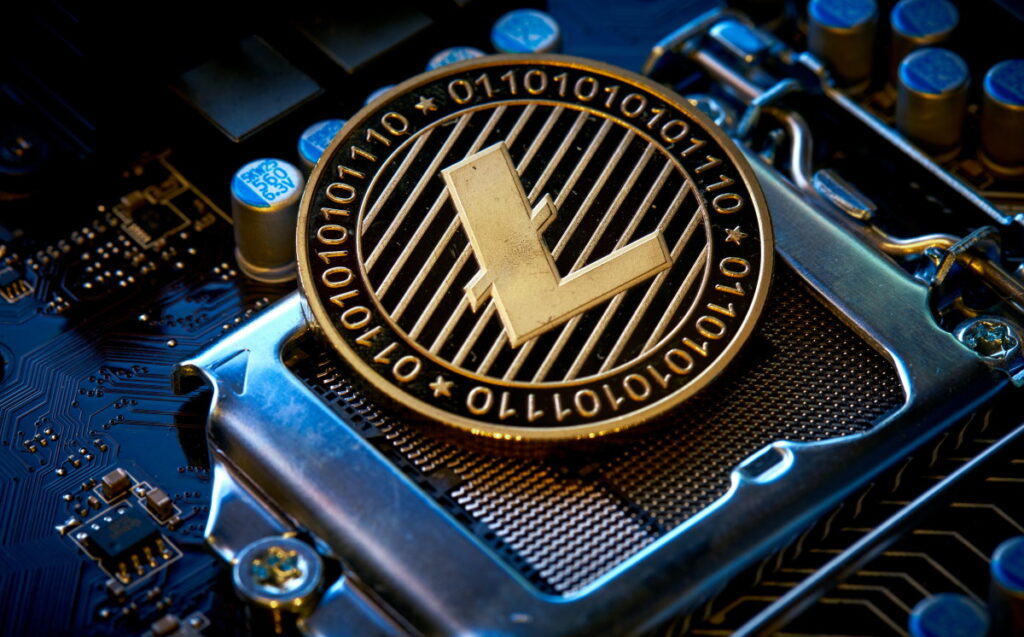
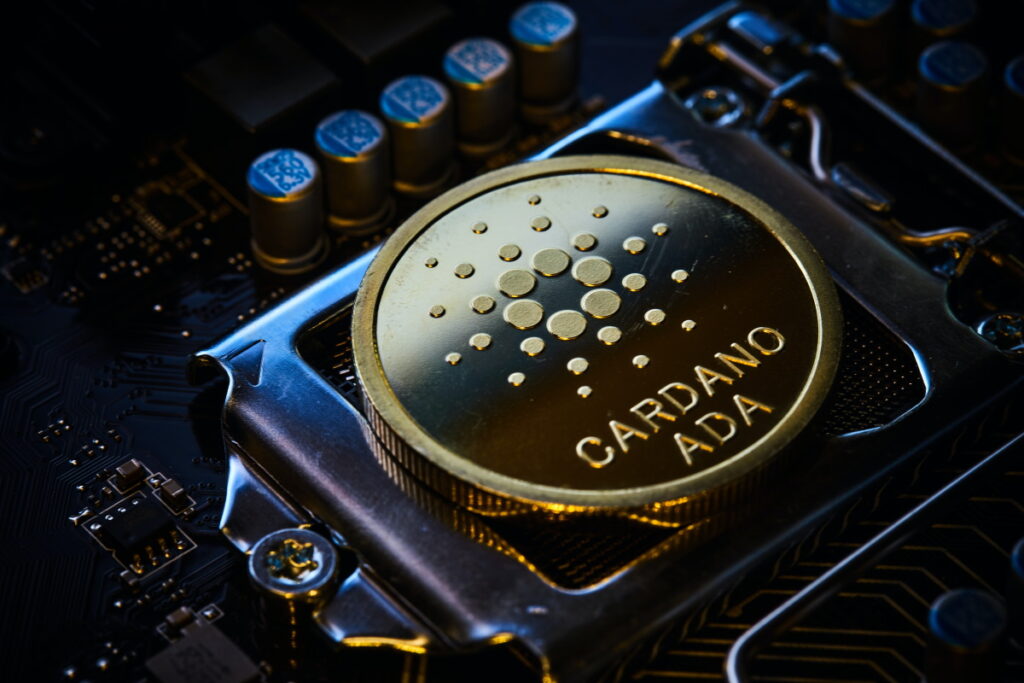
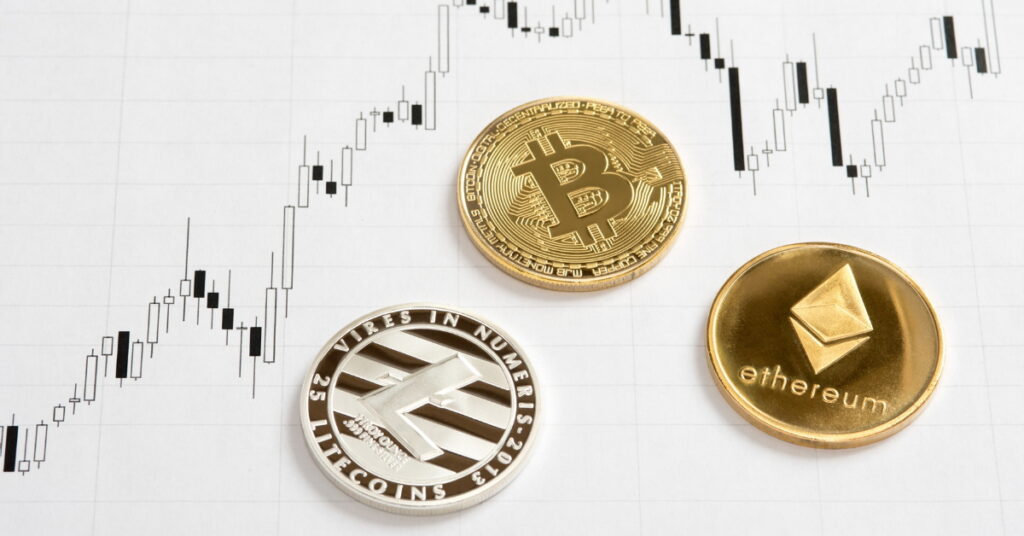
0 Commentaires